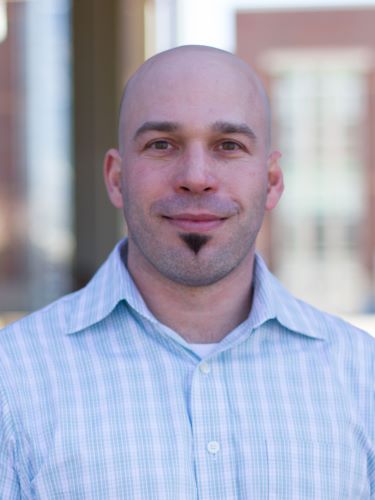Associate Specialist
mphil@hawaii.edu | (808) 956-5756 | Biomed C-105C
Academic Degrees
- PhD (Educational Psychology and Educational Technology), Michigan State University
- BS (Psychology), University of Nebraska – Omaha
Dr. Michael Phillips is a research psychologist with broad training in a number of research methodologies and analytic approaches. His research interests focus on motivational strategies to health behavior change, particularly with cannabis, alcohol, and tobacco use among young adults. He specializes in utilizing in-the-moment mobile data collection techniques, such as Ecological Momentary Assessment (EMA), as well as mobile (mHealth) interventions. His expertise also extends to surveillance and behavioral epidemiology concerning substance use and mental well-being, health disparities, health literacy and education. Additionally, he has conducted research centered on pedagogical practices in higher educational settings, specifically at the intersection between student-centered instructional approaches and student motivation in STEM fields. Over the years, Dr. Phillips’ research has been funded by NIH and NSF.
Presently, he serves as the principal investigator for the State Epidemiological Outcomes Workgroup (SEOW), a project funded by SAMHSA and the Hawaiʻi Department of Health’s (HDOH) Alcohol and Drug Abuse Division (ADAD). Additionally, he’s a co-investigator on an NIH-funded project aimed at developing a mobile intervention tailored to young adults who simultaneously co-use cannabis and alcohol. The long-term objective of this endeavor is to develop an mHealth intervention to mitigate potential harms and adverse outcomes associated with co-use.
Research Interests
- Technology-rich Learning Environments
- Motivational Science
- Cannabis, Alcohol, and Tobacco Use
- Mobile Health Interventions (mHealth)
- Ecological Momentary Assessment (EMA)
- Surveillance and Behavioral Epidemiology
- Instructional Approaches and Student Motivation

